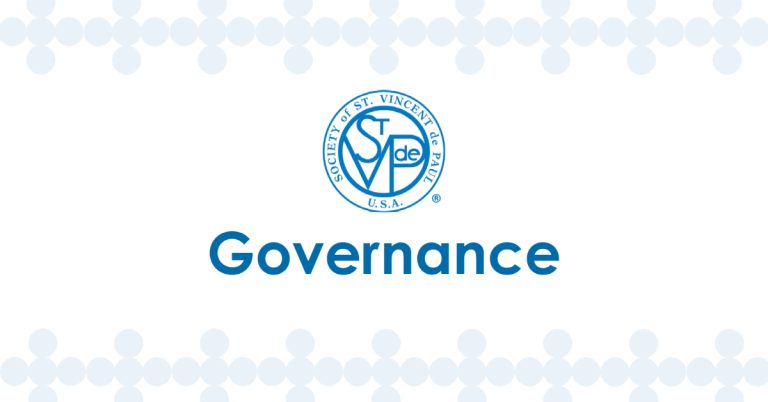*The information for this week’s article was provided by the National Governance Committee
Looking ahead, the beginning of a new fiscal year is typically a good time for Boards to discuss, or at least review, their responsibilities as a nonprofit’s governing body to ensure that all members understand their individual duties. Most Board members recognize that their basic duties include, but are not limited to, defining and approving policies, selecting and supervising an executive director, ensuring programs are consistent with the organization’s mission and monitoring program effectiveness, as well as protecting the organization’s assets whether it is financial and/or social capital.[1] From a broader and legal perspective, Boards have three major areas of responsibility: Duty of care, duty of loyalty and duty of obedience.
Duty of Care:
A Board member is expected to act as any ordinary, prudent person in similar circumstances. This requires diligent, attentive, informed participation; i.e., reasonable care when making decisions in stewardship of the organization.
The duty of care is evident in the following activities:
- The Board holds regularly scheduled meetings.
- Board members have received and read the bylaws and policies.
- Information is provided to the Board in a timely manner and in advance of meetings.
- Board members arrive at meetings prepared, having read the minutes and advance material.
- Financial reports are furnished on a regular schedule and are reviewed by the Board.
- The Board makes informed decisions based on information provided.
- Minutes accurately reflect Board votes and decisions, including dissent.
Duty of Loyalty:
Board members are expected to act in good faith, giving undivided allegiance to the organization, when making decisions that affect it. They should not operate for personal gain against the best interests of the organization.
When a conflict arises between the interests of a Board member and the well-being of the organization, the Board member should immediately disclose the matter and recuse from both the discussion and the decision-making. If the matter proceeds, the terms of any transaction with a Board member must be at least as favorable to the organization as that which could be obtained from a party with no ties to it.
Board members should observe confidentiality regarding the Board’s deliberations and decision-making, and respect and adhere to all Board decisions, regardless of whether they voted in favor of the motion. Only designated spokespersons (usually the President) may speak publicly on behalf of the organization.
Duty of Obedience:
A Board member is expected to act in a manner that ensures the organization operates in keeping with its mission and bylaws and in accordance with the laws and regulations governing its formation and status.
In order to maintain the public’s trust as a nonprofit organization, Board members must be fully conversant and compliant with the organization’s mission, bylaws and policies, and ensure that the policies, goals and activities (including competent management of its funds and other resources) are executed in accordance with the mission.
Source: Anne Dalton, “Three Major Areas of Board Responsibility,” The Association of Junior Leagues International, Inc., 2014
[1] Boards should not involve themselves in the day-to-day operations of the nonprofit as this is the primary responsibility of the executive director.

